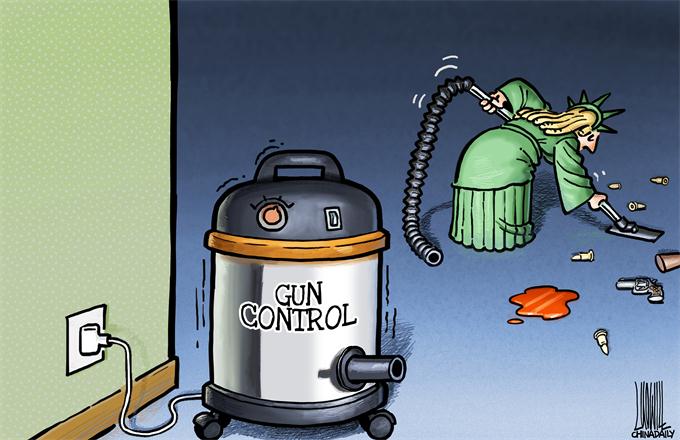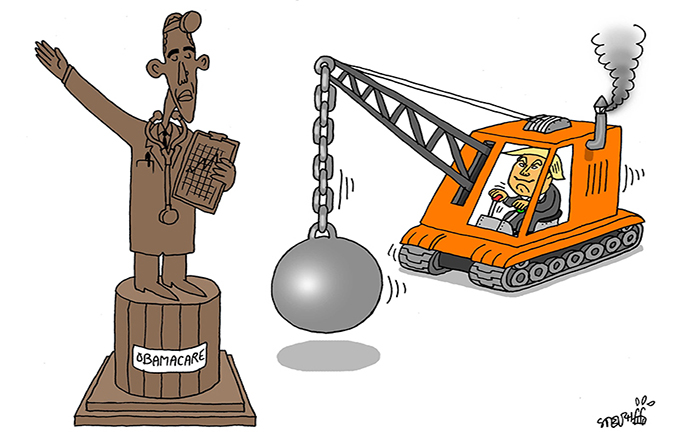Jobs and welfare crucial for urbanization
Premier Li Keqiang has stressed urbanization holds the key to government work, and that the core issue of urbanization is people. He also pointed out that "city illness" should be prevented by avoiding the creation of new villages in cities. But the government needs to do more to make his words count, according to an article in 21st Century Business Herald.
Here are excerpts:
Cities should create more stable jobs for newcomers from the countryside. The government needs to provide equal public welfare for the newcomers as well.
However, the most prominent task for many local governments in urbanization is to boost GDP growth by investing in infrastructure construction on a large scale.
China's urbanization rate rose from 18 percent in 1978 to 53 percent in 2012. If the 200 million or so migrant workers are deducted from the population of permanent urban residents, the real rate is lower than 40 percent.
China's urban construction, under the direction of the government, has long served economic growth only. But with the arrival of newcomers, the hukou, or household registration system, strictly locks the population into welfare services in their birthplace, especially the rural population.
In the long run, the government should attach more importance to upgrading national industrial structures, and create more space for the development of the middle class by reforming the hukou system and the national wealth distribution system, to give newcomers to cities more stable jobs and welfare equal to that enjoyed by their urban counterparts.


















